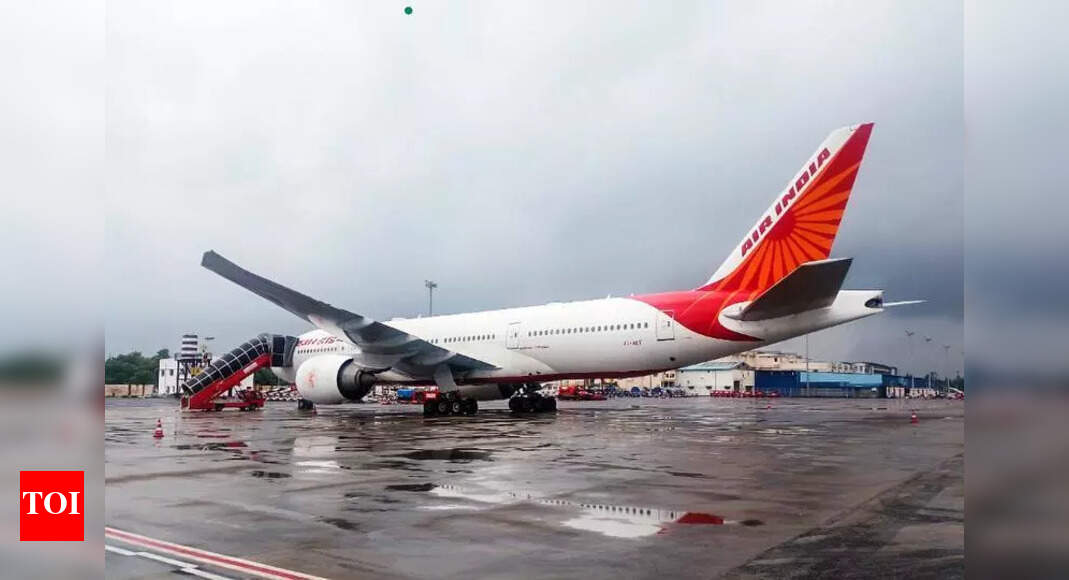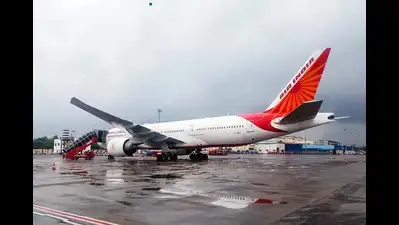Now Reading: Air India CEO Outlines Safety Measures in Email to Passengers
-
01
Air India CEO Outlines Safety Measures in Email to Passengers
Air India CEO Outlines Safety Measures in Email to Passengers

Quick Summary:
- Air India has initiated a confidence-building campaign following the tragic Boeing Dreamliner crash in Ahmedabad on June 12, which resulted in 275 fatalities.
- The airline’s CEO sent emails to passengers adn frequent flyers detailing safety inspections and measures undertaken post-crash.
- Demand for air India tickets on medium and long-haul routes has declined, leading to reduced airfares.
- Temporary international flight cuts (15%) have been announced between June 20 and mid-July to ensure more backup aircraft availability.
- Passengers of affected flights can opt for rebooking without extra charges or request a full refund; updated schedules will be shared soon.
- Enhanced safety inspections were mandated after the crash; out of Air India’s 33 Boeing 787 fleet,26 aircraft have passed inspections and are cleared for service.
- The Directorate General of Civil Aviation (DGCA) confirmed compliance with all safety standards after reviewing operations and maintenance processes.
- Pre-flight checks on Boeing 787s have been extended as an additional precautionary measure, now including Boeing 777s as well.
- The crashed aircraft had undergone regular maintenance checks, with both engines inspected earlier this year; no prior issues were noted.

Indian Opinion Analysis:
The aftermath of the ahmedabad crash has prompted significant operational shifts at air India. by reducing service temporarily on international routes and implementing enhanced pre-flight checks across multiple fleets, the airline is taking proactive steps to reaffirm its commitment to passenger safety amid scrutiny over aviation standards. While the DGCA review certifies adherence to existing regulations, these confidence-building measures appear crucial for restoring public trust following declining ticket demand.
The emphasis on communication-via direct engagement with customers through transparent updates about inspection results-marks a strategic approach aimed at mitigating concerns surrounding flight reliability. Additionally, flexible rebooking options or refunds reflect an understanding of how disruptions impact consumer decisions during crises. Short-term implications may include financial strain due to reduced operations; though, prioritizing passenger assurance could yield long-term reputational benefits.
For further updates: Read More
























